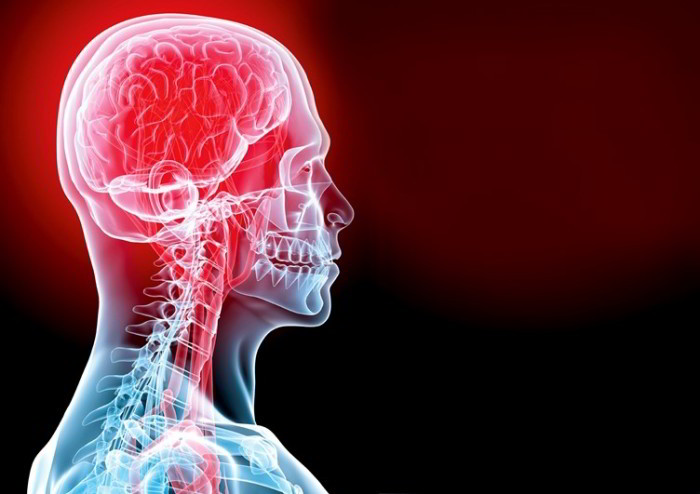A transient ischaemic attack resembles a stroke but much less serious. In the west, about 1 in 600 individuals has a TIA, and without treatment about 1 in 5 of these individuals are going to have stroke within a year.
A transient ischaemic attack or TLA is like a mini-stroke where you recuperate in 24 hours, although typically less. It’s due to a decreased blood supply to the brain. Like strokes, TIAs are most common in guys and occasionally run in families. Just as with strokes, smoking, high blood pressure and a high fat diet are risk factors. A TIA is a warning signal and shouldn’t be blown off because there’s a strong chance that it may be followed by a stroke.
What Happens?
In a transient ischaemic attack, part of the brain abruptly and briefly fails to operate correctly because it’s temporarily deprived of oxygen by blockage of its blood supply. Transient ischaemic attacks can last for anything from several seconds to one hour and have no after effects. But if the symptoms last for more than 24 hours, the assault is classified as a stroke.
What Are The Symptoms?
The symptoms of a transient ischaemic attack generally develop suddenly and are generally brief¬lived, lasting just a couple of minutes. Symptoms vary determined by which part of the brain is affected and may contain the following:
- loss of eyesight in one eye or blurry eyesight in both
- slurred speech
- trouble locating the correct words
- difficulties comprehending what others are saying
- numbness on one side of the body
- weakness or paralysis on one side of the body, changing one or both limbs
- feeling of unsteadiness and general loss of equilibrium.
Although the symptoms of transient ischaemic attacks disappear in a hour, attacks often recur. Individuals may have numerous attacks in one day or over several days, and treatment is critical. Your physician will likely need to do the same evaluations as for a stroke. Occasionally, several years may elapse between attacks.
What is The Treatment?
- After a transient ischaemic attack was diagnosed, the objective of treatment would be to reduce your risk of having a stroke later on, so your physician will prescribe suitable drugs to treat high blood pressure or an irregular pulse if you’ve either of these states.
- Treatment after a transient ischaemic attack can be as easy as taking a daily aspirin to assist in preventing clots from forming inside blood vessels. Other drugs that assist in preventing blood clotting, for example warfarin, may be prescribed if emboli (clot fragments) originate from clots that have formed in the heart.
- you’ll be guided to reduce the number of fat in your diet and, if you smoke, you should quit.
- If you’ve got diabetes mellitus, you should make sure your blood glucose levels are nicely controlled
- If your doctor discovers the arteries in your neck are badly narrowed, they may recommend a surgical procedure called a carotid endarterectomy to clear oily deposits from the narrowed arteries.
- Instead, maybe you are referred for a surgical procedure referred to as a balloon angioplasty, in which a small balloon is inserted into the affected artery or arteries. Once in position, the balloon is inflated to open up the narrowed portion of artery.
- Both balloon angioplasty and carotid endarterectomy raise the diameter of the blood vessel and enhance the blood supply to the brain.
What is The Prognosis?
Transient ischaemic attacks may occur intermittently over an extended interval or they may stop spontaneously. Of those people that have a transient ischaemic attack, about 1 in 5 is going to have stroke within a year. The more often you’ve got transient ischaemic attacks, the higher your risk of having a stroke later on. But if you take proper measures to alter aspects of your lifestyle, like quitting smoking and embracing a low-fat diet, and take the medications your doctor gives you, you’ll reduce the danger of having additional transient ischaemic attacks or a stroke.


 (55 votes, average: 4.68 out of 5)
(55 votes, average: 4.68 out of 5)